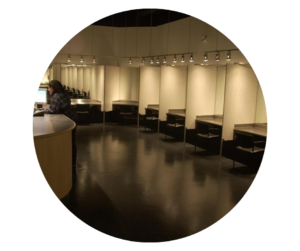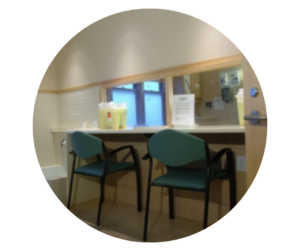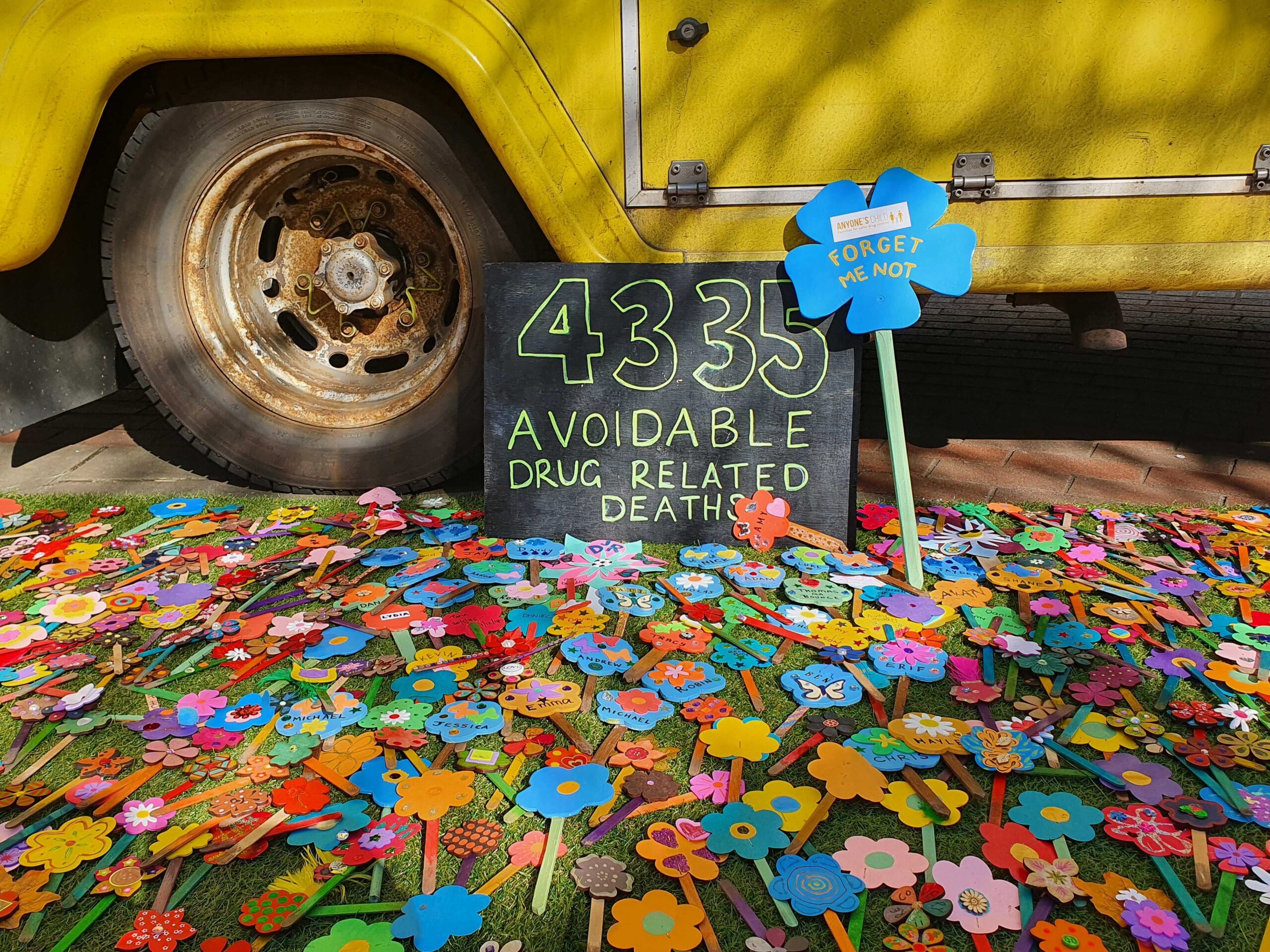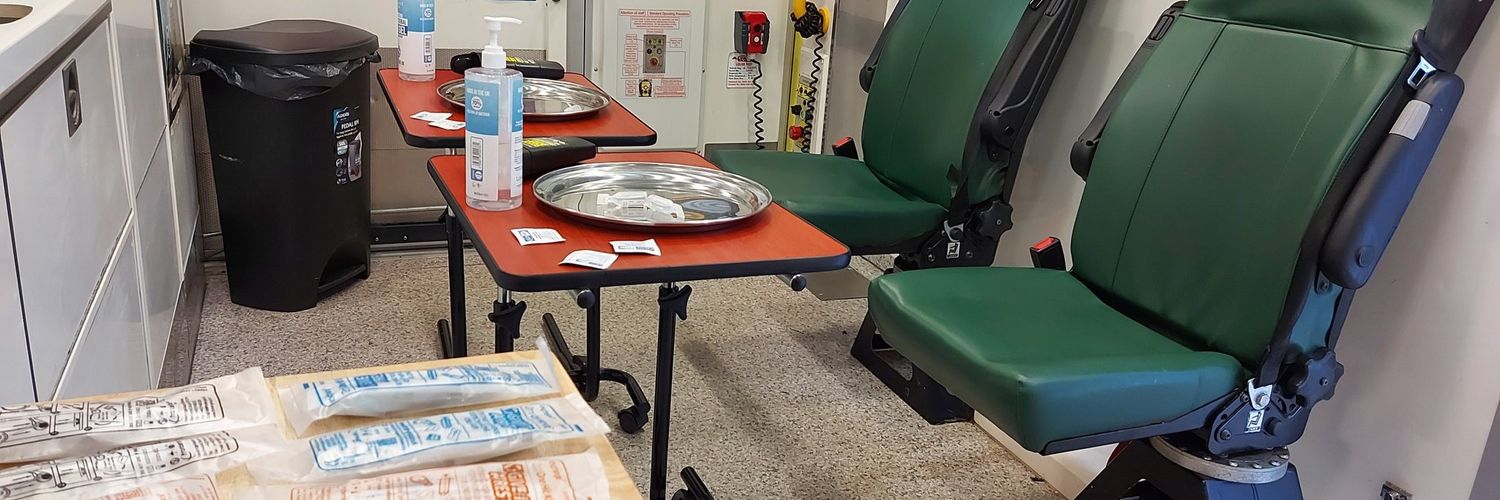- OPCs prevent overdose deaths
- OPCs reduce needle sharing that can lead to infections, including HIV and hepatitis C, as well as public injecting and discarded needles.
- OPCs help increase numbers entering treatment
- OPCs are cost-effective reducing costs to health services and police.
Why do we need them?
 Injecting drug use happens everywhere. It happens inside homes, but also in the street. Too often the places where people take drugs are unhygienic, dangerous or isolated. Such places make dangerous infections more likely, and make it much harder to deal with overdose.
Injecting drug use happens everywhere. It happens inside homes, but also in the street. Too often the places where people take drugs are unhygienic, dangerous or isolated. Such places make dangerous infections more likely, and make it much harder to deal with overdose.
Until they are able to stop taking drugs, people who are dependent need safer spaces where they can inject. It can help save their lives, as well as helping reduce issues such as discarded needles.
The UK’s Situation
Many local areas are exploring the possibility of opening an OPC. NHS Scotland and the Scottish Government want to open an OPC in Glasgow to help tackle record drug deaths and an HIV outbreak – but currently this is being blocked by the UK Government, despite recognition of their potential to reduce harm.
OPCs are supported by many health bodies, police commissioners, NGOs and the Advisory Council on the Misuse of Drugs. They have unanimous cross-party support on Glasgow City Council.
In Glasgow, a mobile OPC has been opened by Peter Krykant – acting ahead of any changes to the law. This ‘guerrilla’ facility has changed the debate in Scotland and across the UK. It is now looking more likely than ever that they will receive formal approval. Despite around 150 centres operating worldwide – the UK Government has previously said there are no plans to introduce them here, even on a trial basis.
A Home Office spokesperson said: “We have no plans to introduce drug consumption rooms in the UK. A range of crimes would be committed in the course of running such facilities, by both service users and staff, such as possession of a controlled drug or knowingly permitting the supply of a controlled drug on a premises.”
What about Wales?
In a recent podcast interview with Kaleidoscope’s Cullan Mais First Minister Mark Drakeford said he “would not rule out” and OPC facility. A compassionate understanding for those battling addictions was clear. He said;
“You have to recognise the fact that there are people, who for whatever reason, end up taking substances that are harmful to them, and you have got to approach that in a way that is helpful, and that doesn’t react with a criminal justice response. It’s about recognising the reality that there are people whose lives have been taken over in that way, and it is better for us all if we can find ways to help them deal with their addiction.” To hear more about Drakeford’s views on addiction and criminal justice, watch from 46 minutes in:
 OPCs also provide an opportunity for brief interventions and advice, or for people to be referred to drug treatment, mental health services, wound care, blood testing and other support.There are currently approaching 200 OPCs in operation across the world in fourteen countries including Canada, Germany, Switzerland, France, Portugal, Ukraine, Norway, the Netherlands, Australia, Belgium, Spain, Denmark, Iceland and the US.
OPCs also provide an opportunity for brief interventions and advice, or for people to be referred to drug treatment, mental health services, wound care, blood testing and other support.There are currently approaching 200 OPCs in operation across the world in fourteen countries including Canada, Germany, Switzerland, France, Portugal, Ukraine, Norway, the Netherlands, Australia, Belgium, Spain, Denmark, Iceland and the US.


 Injecting drug use happens everywhere. It happens inside homes, but also in the street. Too often the places where people take drugs are unhygienic, dangerous or isolated. Such places make dangerous infections more likely, and make it much harder to deal with overdose.
Injecting drug use happens everywhere. It happens inside homes, but also in the street. Too often the places where people take drugs are unhygienic, dangerous or isolated. Such places make dangerous infections more likely, and make it much harder to deal with overdose.

